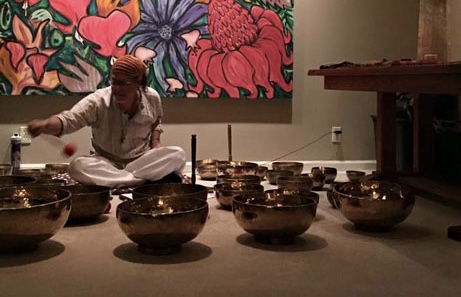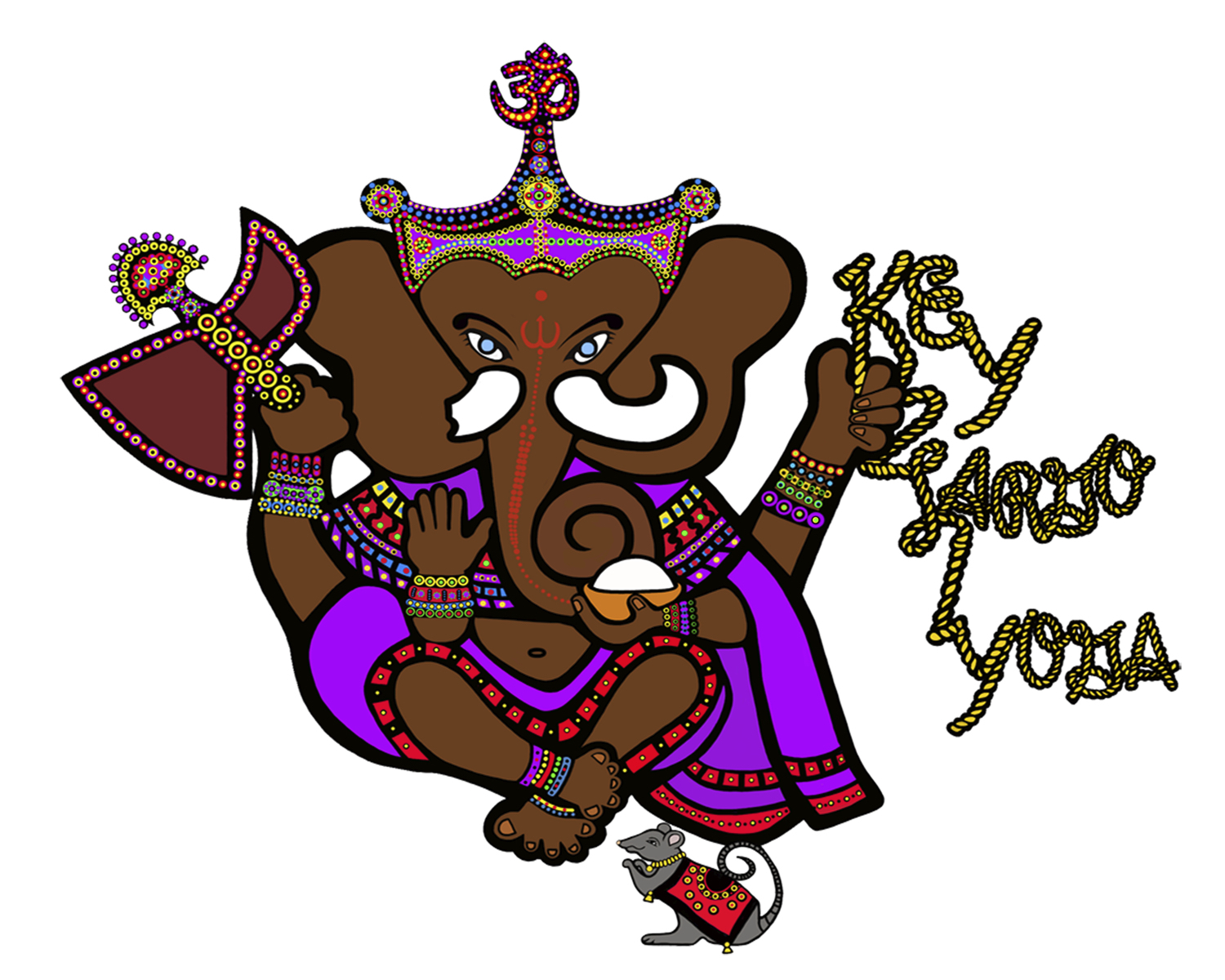Sound

The sound of our own voice can be something that we don’t really like the sound of, like when you record it and replay it, the sound that we hear is not the sound we hear from within. Why is it that we don’t like this outer voice? Our relationship with our voice can be insightful when it comes to our yoga practice. You might be thinking, what do you mean by this? Well, the voice is an incredible tool that we are using through out our whole life to make ourselves seen, heard and accepted. So lately I’ve been using my voice in order to explore consciousness, this can also be understood as a holistic way to balance the physical, emotional and energetic body off the mat or even on the mat.
Our voice is so powerful to say the least, this communication is often seen as a gift we give to others to form connections on a personal, societal and global scale. While often times we don’t use our own gift for our own being. This is where we can begin to see the interesting parallel and possibly a missing part that can support the deepening of our practice. Why don’t we like the sound of our own voice and why aren’t we using our voice for ourselves? These two questions I’ve been observing in my practice lately and they play a very important role in discovering the essence of self love.
The sound of our being can bring us back to expansion, as sound is vibration, which literally moves everything, within one’s practice we can become aware of stuck or low energies that the body has stored which then become fluid, in which case sound moves, release happens and we begin to change from the inside out. For myself this often means emotions arise and through sound my body is allowing them to be felt. To return to a balanced state of being, one can do this by feeling through what arises and falls. This fluidness is sound, causing a rippling effect which touches and moves massive amounts of dense and complex energy. A sound healer I met at the lake said an analogy that I really connected with and I’ll share it with you.
- Universe can become a very playful word, we can see “Uni” means one and verse is like a poem or song with meaning. So together the universe dances as one big orchestra, our body and mind are the instruments, which we came here to play and to be played by the sympathy around us.
This leads me back to the sound of our voice being a very important piece of the orchestra at play. The relationship we have with our voice can serve as discovering our long forgotten emotional being, this relationship with ourselves reflects and ripples into the universe. As today we see less and less emotional connections with all beings around us. As these emotions can be seen as songs that are created and if we cultivate our listening skills it will support our understanding of Self and ultimately the universe, Yoga. The voice that is actually expressed outwardly is often used and attached to our masks especially if we don’t use our voice for ourself. The role of the mask is for the other person and to hide what we don’t like, this though can also change through exploration of sound. As we explore our voice we can bring to light how we are using our voice to mask our inner voice, the voice that wants to be heard and seen. This inner voice can become a form of outward expression through the use of sounds. In yoga, this is referred to as Nada Yoga, which is a huge part of my practice, bringing awareness to the inner ear and listening as well as generating my own sound to observe. This serves as a way into recognizing subtlities into my practice that is accessible as the voice is highly individual and is coming from within, vibrating from the inside out. As we go inward into our practice, we do have the ability to connect to both our inward voice and outward voice. Our outward voice travels through the air, while our inward voice travels through our bones. Pretty fascinating! We can see that until we integrate what we personally feel through our bone, our outward mask with be challenging to observe and also for other to receive clear communication. We may be disliking our outwardly voice because we don’t know it very well, we are unaware of the role that it is playing while inside we feel a different tone of being. As the sound of our voice becomes a tool in our practice, we can begin to use it as a gift for ourselves that resonates into the depths of our bones, connecting to the primatial source of our being and discovering what deeper purpose we came here to play.
Adi Shakti Namo Namo,
Resa
